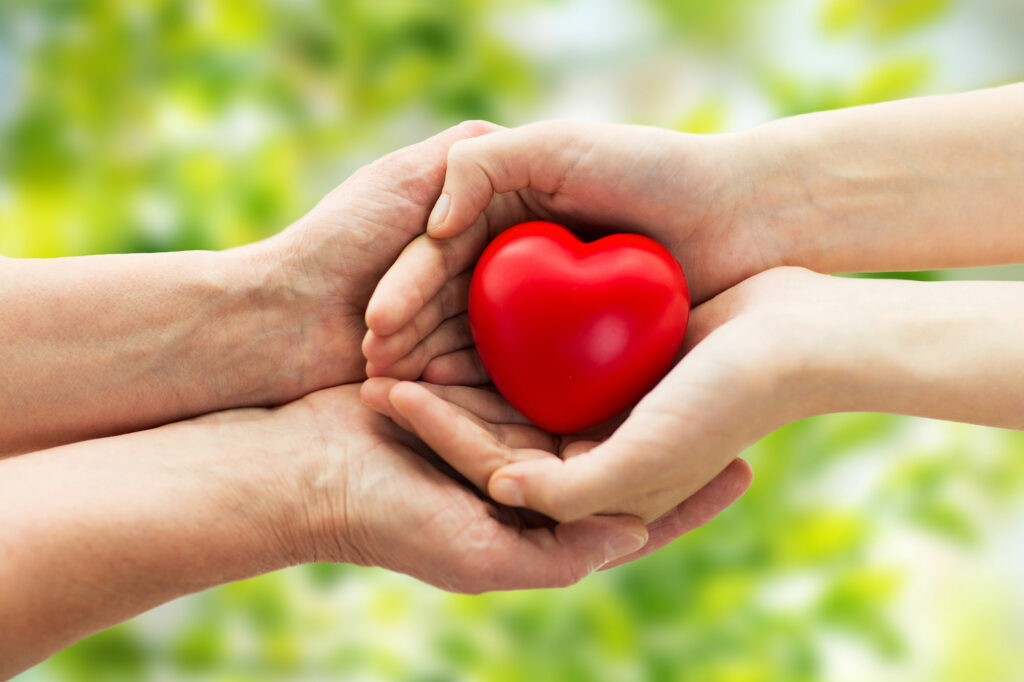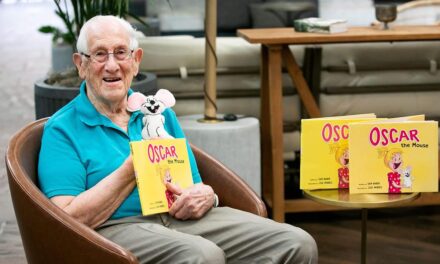Credit: The Relationship School
care
noun
- the provision of what is necessary for the health, welfare, maintenance, and protection of someone or something. “the care of the elderly”
- serious attention or consideration applied to doing something correctly or to avoid damage or risk. “he planned his departure with great care”
verb
- feel concern or interest; attach importance to something. “they don’t care about human life”
- look after and provide for the needs of. “he has numerous animals to care for”
Care is somehow tangible and intangible all at once. Care can mean providing someone who is sick with a bowl of soup and a warm blanket, but it can also be one’s passion for their hobby. Care can be selfish and selfless. We want people to know we care about them, and in turn, we want them to care about us.
Care is, apparently, such a difficult thing to decipher that WikiHow took it upon themselves to produce an article on what it takes to be a caring person. According to WikiHow, it’s a three-part program—developing an empathetic perspective, developing caring qualities, and caring for others— each with multiple steps.
The prospect of the article is more silly than anything, but it does raise questions. If enough people need a guide to be a caring being to warrant an article, should we all be wondering the same thing? So, what does it mean to be caring? Is “care” the same thing as “caring,” and why do we do it?

Credit: Checkiday
The general consensus, no matter which way we look at care, is that it involves being attentive of something—be it a person or hobby. When you frame it so simply, it seems like a closed case, but it just barely scratches the surface. Just because we pay attention to something, it doesn’t necessarily mean we care for it. We pay attention to the cars on the road, but that doesn’t mean we care for them. We might pay attention to a boring meeting when we couldn’t care less what was being discussed.
And what we decide to care about is not universal in the slightest. Just because one person cares about baseball, it does not mean the person next to them on the street cares. There is something deeply personal about what we care about that can’t be measured by science (or at least, not well). It can’t be said why my sister loves all things sports, and where I am drawn to all things arts.

Credit: Quillty
What we identify as self-care varies between people just as much. For some, self-care is treating oneself to new purse, or maybe a video game. For others, it could be curling up on the couch with a book or television show. It seems that, at least partially, our versions of self-care are intertwined with our pre-existing interests, and while the “why” of what and what doesn’t can’t be tacked down, why we need it can be more readily identified. Attending to our physical, mental, and emotional needs makes us feel good. To function well, it is crucial we take care of our needs.
But if our own needs are so important, why do we care for others? When our loved ones are sick, we put aside our wants and needs in favor of theirs. If self-care is so important, why would we risk our own well-being for the sake of others?
Providing care is an odd middle ground between selfless and selfishness, though the latter isn’t usually a conscious motivator. In most instances, when we help others, it is assumed that they will return the favor when we need them. It isn’t a heinous thing to consider, it’s just human nature, and it’s one we’re taught from a young age. “Treat others the way we want to be treated” is drilled into our heads from childhood through adulthood.

Credit: Kathryn J. Riddell
It’s not a bad thing to be motivated by. We want to be treated with kindness and respect, so why not treat others the same way? Even still, that isn’t the end of things. We’re not only motivated by a potential of returned favor, but because it makes us feel good. An article on Current Directions in Psychological Science by researchers Inagaki and Orehek offer this example on the phenomena:
“Consider a case in which you decide that you would like to do something for your partner after a long day at work. You know that she enjoys a pasta dish that you cook, and you decide to make it for her. Most social-support research has focused on the potential benefits for your partner while overlooking the benefits to you, the support giver. However, by doing something for someone else, you may also benefit yourself.”
This harkens back to the initial Lexicon column, “Gift.” The piece discusses not only what makes a good gift, but why we give them. There is a sense of “social indebtedness,” certainly, but we get a certain high from it. Gift giving is linked to not only increased self-esteem and self-worth, important factors to our mental health, but physical factors like lower stress levels and fewer anxiety behaviors. In a study by Inagaki and Eisenberger, it was found that even donating money instead of spending it leads to lower resting blood pressure.

Credit: The Ladders
Every now and again, we run into people who claim they “don’t care about anything.” In a way, this seems like it has the potential to be freeing, but it isn’t. Extending our empathy to others (and ourselves) is not just only a significant way to express our social relationships with them, but a way to care for ourselves. People who claim to not care about any hobbies or pastimes haven’t found enlightenment, in fact, they are oftentimes depressed.
Caring about an object, an activity, or a person gives us the sense of purpose we all strive for. It fills blanks in our conversation. It makes us human.




